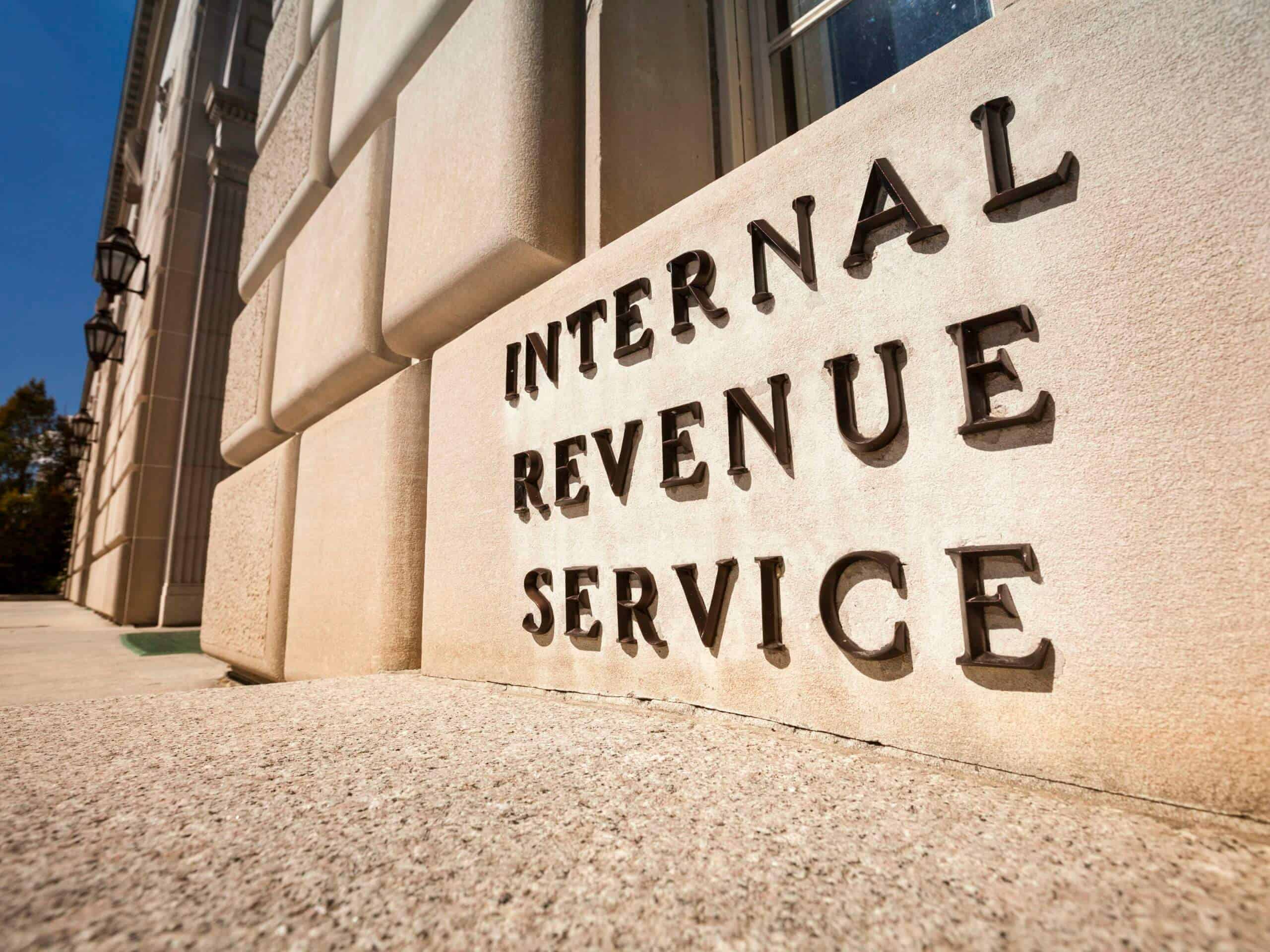Join Our Telegram channel to stay up to date on breaking news coverage
The United States Internal Revenue Service (IRS) has made another move to combat possible crimes and tax violations using cryptocurrencies. Earlier this week, the tax authority announced an initiative to investigate several crypto transfer methods, including privacy coins.
Challenges With Tracking Privacy Coins This Far
On June 30, the U.S Department of Treasury published a request for information which indicated that the IRS’ Criminal Investigation Division is searching for an investigative tool into several privacy coins.
As the request shows, the Division calls for an interactive prototype with a graphic user interface that can help analyze blockchain-based transactions done with privacy coins.
In the document, the IRS explicitly pointed out that several assets can be used as a means of evading tracking and oversight. Monero, DASH, Zcash, Grin, and others were some of the names it mentioned. It also highlighted several layer-two transaction media – Celer Network, Raiden, and Lightning.
The IRS explained that it had encountered some challenges with tracking assets with these platforms. In part, the report read:
“Currently, there are few investigative resources for tracing transactions involving privacy cryptocurrency coins, layer-two network protocol transactions, side-chain ledger transactions, or transactions on distributed ledgers that are adopting signature algorithms that provide privacy to illicit actors.”
To wit, it is calling for submissions for tools that could make this easy. The required system should provide insights on “clustering transactions,” where one user obfuscates the nature of transactions with privacy coins. The solution should also be able to get wallet addresses linked with nefarious activities and identify some additionally associated wallets. Lastly, the system should enhance information sharing between investigators.
Bringing Everyone Into the Fold
Privacy coins have so far been one of the most interesting concepts in the crypto space. As with the top, large-cap assets available, these assets also got their big break on Dark Web applications and criminal platforms. Law enforcement authorities and investigators have had significant success with tracking transactions in most of these assets, thus putting many crypto-based criminals at an increased risk of discovery and prosecution. To mitigate this, most have diverted their funds into privacy coins.
While Bitcoin still dominates the Dark Web, transactions in other assets have surged over the past year. If Bitcoin and other large-cap crypto’s continue with this trend, their markets should see a reduction in transaction volumes from these quarters.
The growth in popularity that privacy coins have enjoyed over the years could also be a sign of what is to come. Many people who would like to evade taxes could start fleeing the large-cap crypto’s and move into privacy coins, just like Dark Web criminals.
Cryptocurrencies were never meant to be entirely under the oversight of authorities and regulators. Still, it’s clear that some level of government control is needed if they are to get incorporated into the country’s mainstream financial system.
This need covers every cryptocurrency, regardless of the purpose for its creation. If the IRS truly wants to keep digital assets in check, it will need to access every one of them.
Read more:
Join Our Telegram channel to stay up to date on breaking news coverage


